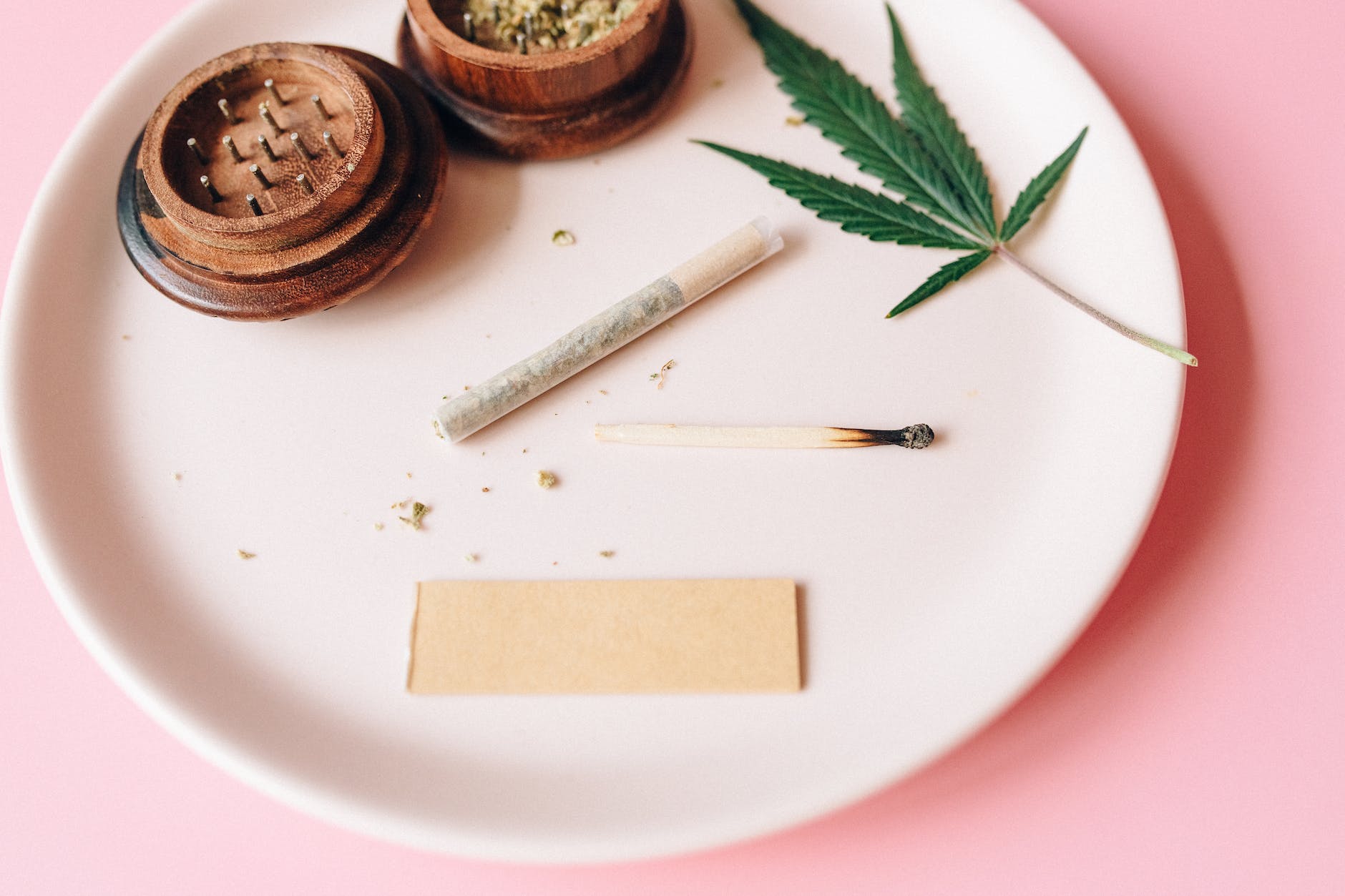CBD vs. THC: The Ultimate Face-Off for Your Health and Wellness

The world of cannabis and its multiple compounds can often seem like a confusing and overwhelming space to navigate. You may have already heard of the famous cannabinoids, CBD and THC, but understanding how each affects you and which one is better suited for your particular requirements can be a challenge.
In this article, we’ll delve into the differences between CBD and THC, explore the various health benefits of both, and discuss the legality, safety, and dosing to help you make an informed choice.
Cannabis and Marijuana Plants: What Are CBD and THC?
CBD and THC are both derived from the cannabis plant. While they have several similarities, they also possess significant differences in their effects on the body and mind.
Fundamentally, CBD (cannabidiol) and THC (tetrahydrocannabinol) are two of over 100 different cannabinoids produced by cannabis plants. CBD is primarily derived from the hemp plant, which is a type of cannabis Sativa containing less than 0.3% THC. On the other hand, THC is primarily derived from marijuana plants, which typically contain higher concentrations of THC.
Both CBD and THC possess numerous health benefits, but THC is more widely associated with the psychoactive effects – or the “high” – experienced when consuming marijuana.
Health Benefits: How do CBD and THC differ?
CBD has been celebrated for its myriad of health benefits, which include:
– Pain relief
– Anxiety and depression treatment
– Reduction of seizures in epilepsy
– Alleviation of symptoms associated with cancer and chemotherapy
– Potential anti-inflammatory effects
Contrarily, THC is well-known for its psychoactive properties and euphoria-inducing effects. However, it also has some beneficial properties, such as:
– Pain relief
– Stress and anxiety reduction
– Help with insomnia and sleep disorders
– Stimulation of appetite in patients undergoing cancer treatment or those with eating disorders
Psychoactive Effects: Why does THC produce a “high,” and CBD doesn’t?
The main difference between CBD and THC lies in their psychoactive effects. THC is responsible for the “high” commonly experienced when smoking or consuming marijuana, while CBD does not produce such an effect.
These distinct effects can be attributed to the way these compounds interact with the endocannabinoid system (ECS) in humans. The ECS is responsible for regulating various functions, such as mood, pain, and immune system response.
THC binds with the CB1 receptors in the brain, producing the psychoactive effect. In contrast, CBD does not bind directly with CB1 receptors but stimulates the ECS to produce its natural cannabinoids instead. This interaction is why CBD can counteract the “high” effects of THC and even prove beneficial in treating THC-induced paranoia or anxiety.
Safe Dosing and Legality: What to consider when choosing CBD or THC?
The ideal dosage for CBD and THC products depends on various factors, including your weight, body chemistry, the type of product, and the intended purpose of use. For safe dosing, it’s essential to start with a low dose and gradually increase it while observing your body’s reaction.
As for legality, CBD is more widely legal than THC. In many US states and several countries, CBD products containing less than 0.3% THC are permitted. Conversely, THC is still illegal in many places globally, or its usage is restricted to medical purposes only. Therefore, ensure that you familiarize yourself with the cannabis laws in your region before purchasing CBD or THC products.
In conclusion, deciding between CBD and THC boils down to personal preferences and medical requirements. CBD is often used for its health benefits without experiencing psychoactive effects, while THC is sought after for both its medical properties and recreational use. Understanding the various effects of these cannabinoids and their legality is vital to make an informed choice and adequately manage your health and well-being.
The world of cannabis and its multiple compounds can often seem like a confusing and overwhelming space to navigate. You may have already heard of the famous cannabinoids, CBD and THC, but understanding how each affects you and which one is better suited for your particular requirements can be a challenge. In this article, we’ll…
Recent Posts
- The Emerging Frontiers: The Future of CBD Research and Development
- CBD and Sleep: Unraveling the Beneficial Effects of Cannabidiol on Insomnia
- Embracing the Renaissance: CBD in Skincare and the Latest Trends
- Exploring the Multifaceted Methods of Consuming CBD
- Exploring the Benefits and Safety of CBD for Pets
Recent Comments
Categories
- Alternative and Natural Health Remedies
- Alternative Health and Wellness
- Alternative Medicine and Pain Management
- Beauty and Skincare
- Beauty and Wellness
- CBD and Health
- CBD and Law
- CBD and Mental Health
- CBD Consumption
- CBD Education & Research
- CBD Laws Worldwide
- CBD Legalities and Regulations
- CBD Legality
- CBD Products
- Cooking and Wellness
- Fitness and Wellness
- Health and Beauty
- Health and Fitness
- Health and Fitness, CBD Use
- Health and Law
- Health and Science
- Health and Skincare
- Health and Sports
- Health and Wellness
- Health and Wellness, Skincare
- Healthcare and Wellness
- International Law
- Law and Cannabis Industry
- Law and Regulations
- Law, Health, and Regulations
- Legal
- Legal Regulations on CBD
- Legal Resources
- Legal/CBD Industry
- Legal/Fitness & Health
- Mental Health and Wellness
- Mental Health, Natural Remedies
- Natural Remedies
- Natural Remedies and Alternative Medicine
- Pet Care and CBD
- Pet Health and Wellness
- Pet Wellness/Animal Health
- Science and Health
- Science, Health and Wellness
- Skin Care and Wellness
- Skin Health & Wellness
- Skincare – Natural Remedies
- Skincare and Beauty
- Skincare and Wellness
- skincare, beauty, CBD, wellness
- Sleep Health and Wellness
- Uncategorized